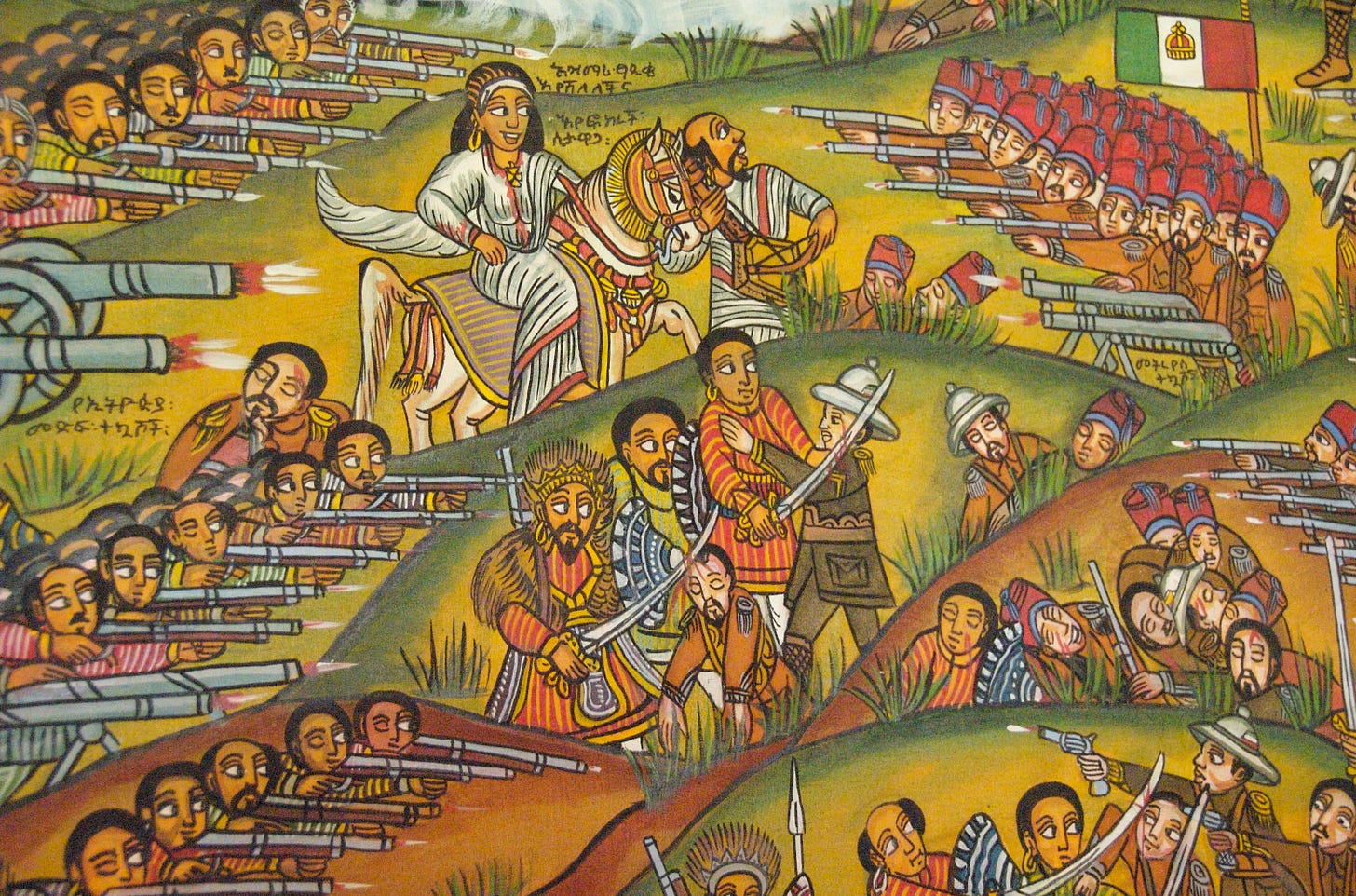Lines on a Map
Review: Jeffrey Herbst's States and Power in Africa: Comparative Lessons in Authority and Control
States and Power in Africa: Comparative Lessons in Authority and Control, by Jeffrey Herbst. 2000.
Despite the unwieldy title, "States and Power" is on the shortlist of political economy books that I would recommend to non-academics, alongside Scott's "Seeing Like a State" and Tilly's "Coercion, Capital, and European States". It hits the sweet spot of being clear and fun to read, while still tackling a "big picture" question—in this case, why states in Sub-Saharan Africa are so weak.
Herbst's argument goes something like this: Africa is big, and population density is relatively low, which makes it really hard for states to control people. Pre-colonial societies were structured around this reality, and had pragmatic, local solutions that responded quickly to changing power balances. (Could have used more detail on this point—could always use more pre-colonial history.) Even the colonial regimes, despite their immense cruelty and capacity for violence, really were not able to project power outside of their capitals and coastal trading posts. However, the Europeans maintained the fiction of clean borders, and respected each others' claims, like at the Berlin Conference of 1885, even though their level of effective control was quite low.
The fiction of rigid borders was carried over by post-independence leaders, who rose to power on waves of urban nationalism. But, as we well know, the straight-line borders invented in European map-rooms made very little sense for governance—and because they were enshrined in international law, there was no way to reorganize things. In fact, there was no incentive to, since international legitimacy depended on their maintenance. Herbst argues (quite provocatively) that while the persistence of these borders spared Africa much of the horror of inter-state war, it also short-circuited the bloody centuries-long process of internal consolidation in Europe that created nation-states. The result is the continued existence of weak states encased in strong borders, who still struggle to extend basic services throughout their territories.
I'm too new to this subject to comment on whether Herbst is right. It's definitely a States-First view of the world, in the mould of Tilly, with capitalism, religion, culture, ideology, etc. taking a backseat. Even within his framework, my sense is that Herbst underplays how much the old colonial boundaries have mangled things—the recent papers by Michalopoulos and Papaioannou are a nice counterpoint—and that he also elides how much continued involvement by the West has made things worse. Going forward, I would be interested to read some more critical perspectives. But credit still to Herbst, who made me think.



